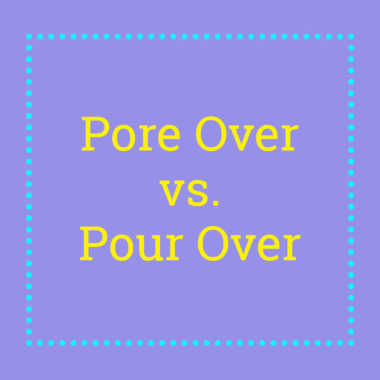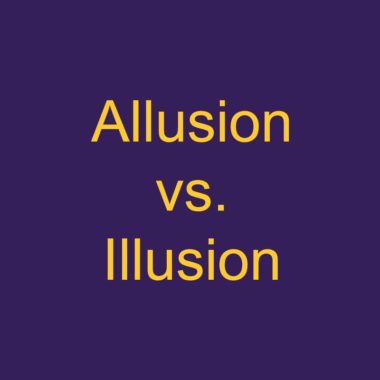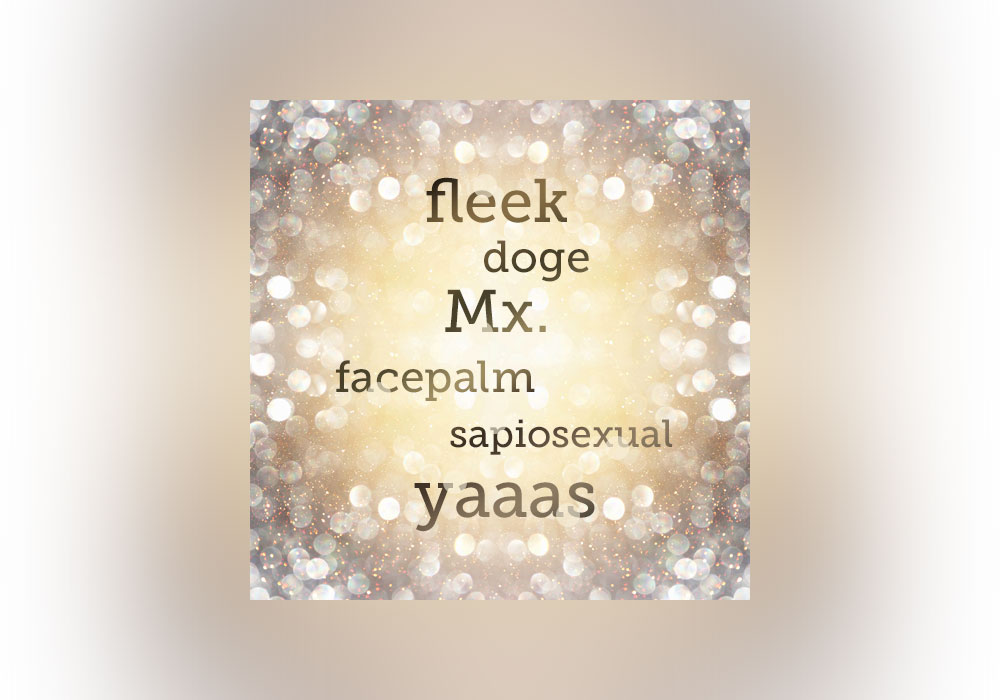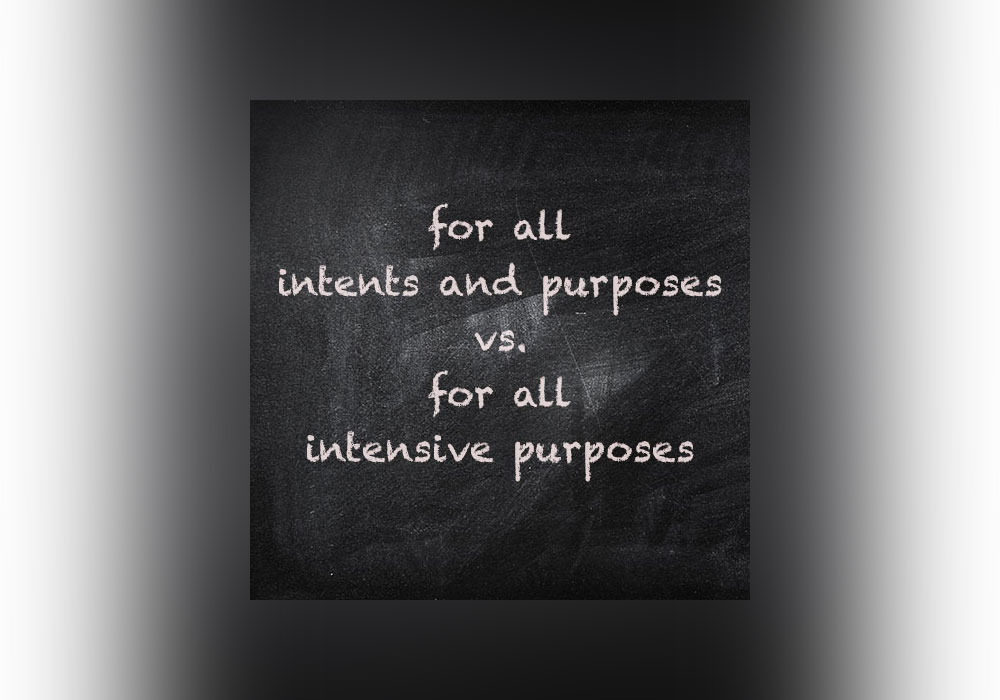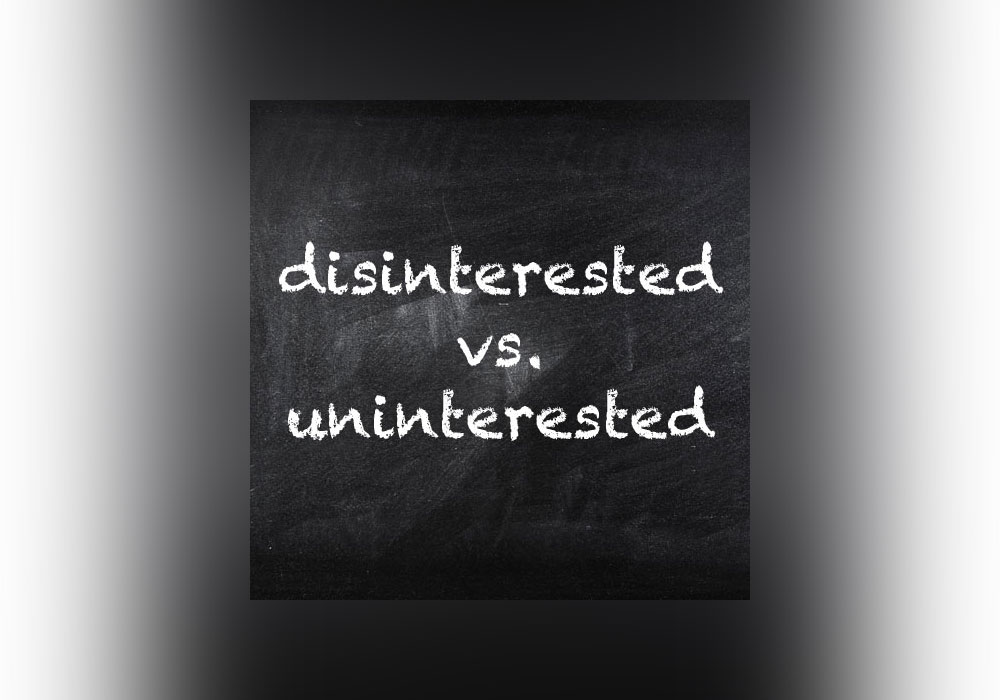Pore Over vs. Pour Over
Since pour is a common word and sounds identical to pore, many English speakers use the verb pour in the verb phrase pore over meaning “to meditate or ponder intently.” Oops, we’ve definitely written that one incorrectly before … What does pore mean? When talking about carefully reading books, wills, or other documents, pore is the verb that you’re looking for.Pore means “to read or study with …
